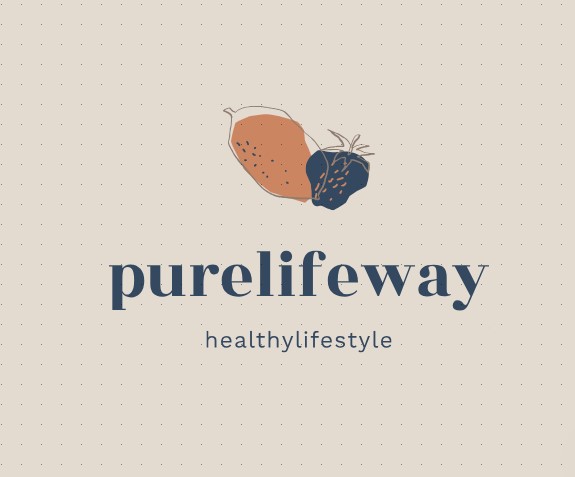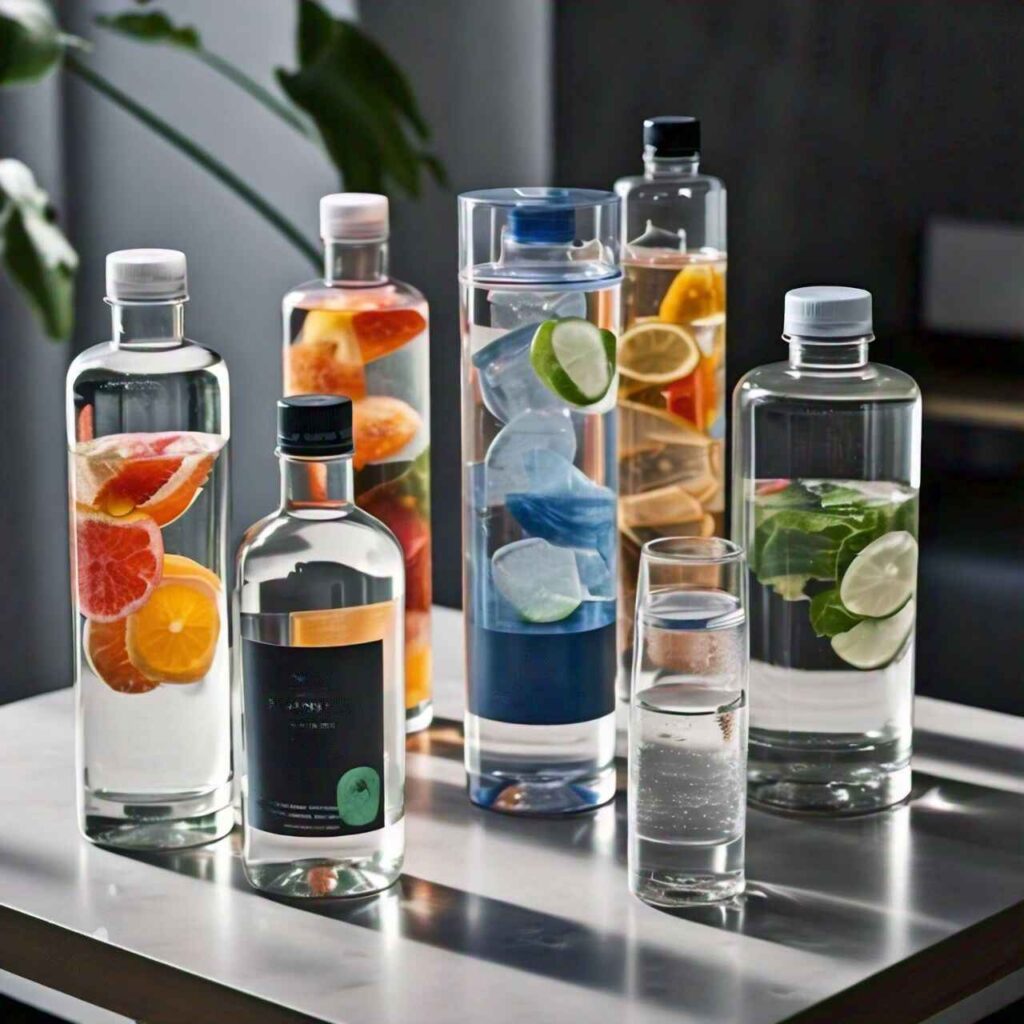The quest for the healthiest waters for optimal hydration involves understanding the different types of water available and their unique benefits. Water is essential for life. It distributes water around our body, excretes toxins out of us and also acts as a medium in between the chemical reactions that are necessary for life to proceed. And with seemingly no shortage of options, how exactly are you supposed to know which one is the best choice for your particular needs? That is why in this guide, we- ‘ll look for the healthiest waters to choose from and, of course, to drink, guided by science and tips so that you can differentiate it genuinely from your best life.
The One Thing You Need for a Healthy, Everlasting Life
Fluids: A suitable lifestyle demands the amount of fluids in order to an appropriate degree as normal water is the most fundamental element intended for an incredible way associated with living. Proper hydration is important to maintain when up to 60% of the human body is water. Water helps fight dehydration as well. It regulates the body temperature and keeps joints working along with the digestive system functioning properly. This is because we cannot operate as humans if our bodies do not have enough water.
We all know that for our bodies to perform optimally, we need water on a regular basis; not only does this help physically, but it also affects energy levels in your brain, which can end up helping down the pathway of weight loss, so we must stay hydrated as health fanatics and wellness seekers out there. Except, in the end, it is only water. Tap waters are always there And kind of good for you. Here, we discuss the various types of water and their health benefits.
Health Benefits of Hydrated Water: Here Is What You Need To Know
As I mentioned before, there are a ton of options when it comes to water. Water comes in different forms, and each type has specific properties that provide us with unique benefits. How these types of drinking water meet your needs, given all you can do to get pure water:
Tap Water
Top – tap water: It is the most affordable and cheapest of all. As we know, it i,s highly regulated by government agencies so as to keep in mind safety standards. However, water quality can be different depending on your tap and what process it may undergo. Of course, some are also concerned about chlorine and lead in tap water.
Spring Water
Springs- A spring is a natural source of water from solid, and all so by rocks.) I do not mean to say unadulterated because the variety or quantity of “anything” that might be applied does not prevent us from calling it spring (subject to a greater-good-by-way-of-national-bottled-thermal-spring-water-regulation). It contains healthy minerals as well. There is a chance, of course, that spring water can be polluted – some, But this will not always happen.
Alkaline Water
Similarly, bottled alkaline water has a higher pH level than plain-old tap. Its advocates claim it can prevent your body from becoming too acidic, help you hydrate better and even reverse the aging process. While there is some evidence to support this, more long-term studies are required in order to establish the health benefits definitively.
Mineral Water
Mineral water is still derived from the mineral springs and it possesses more substances than standard tap water as those minerals were dissolved into the ground waters. Mineral Water This is one of the healthiest minerals that might contribute to bone well-being and basic fitness – Mineral water.
Glacier Water
Glacier Water Glacier water, as the name suggests, is fresh and has melted off glaciers, which are considered to be one of the purest. It contains natural minerals and has no impurities. Still, braids spiral with the relentless motion of glaciers and perhaps glacier water somewhere along to line needs to become more sustainably used.
Today: What’s the Healthiest Water You Can Drink?
The cleanest water to drink, in our opinion, really is that and there you have the basis when we think about a scientific view (black letter requirements for pH level at respectively or WG), it must be suitable!
pH Levels
The pH level in water balances out the acidic or alkalinity. At 7, you have neutral with acid underneath and alkaline above. According to other experiments, alkaline water can fight the acid in our body from falling by making you hydrated without drying. However, there has been ongoing debate regarding what the ideal pH of drinking water should be.
Mineral Content
We just know we need minerals such as Calcium, magnesium and potassium to be healthy. It is essential for bone health, muscle function and, therefore, overall well-being. The most important minerals are contained in good quantity by the mineral and spring water. For some serious benefits, opt for water with natural minerals.
Purity
Waters can be broken down by type, and they are differentiated, in part, from one another based on their categorization as very pure or otherwise. These are just a few of the contaminants they contain, which are extremely harmful to our bodies, like chlorine, lead and pesticides. Selecting Water That is Assured To Be Tested and Certified Pure And Natural When you go for filtered water, spring water or glacier, they are believed to be pure and hence contaminant-free, but recommended that a recognized body has tested it.
5 Water You Can Safely Drink
As per the conditions mentioned above, listed below are 5 healthiest resources of water:
1. Alkaline Water
Although alkaline water has a higher pH, it can counteract acid in the body. This can help to decrease dryness in your body and provide better health. Look for reliable brands that provide proven alkaline water in the market.
2. Mineral Water
Additionally, it is a source of calcium and magnesium (table). The body needs these minerals for bone health, muscle function and overall well-being. Ensure that they use natural mineral spring water.
3. Spring Water
Natural Spring (Underground Water: It is underground water from natural springs containing minerals. Most flavored water you would buy is free of impurities (often healthy). Ensure you choose the spring water that has been tested and verified to be pure.
4. Glacier Water
Water from the glacier is said to be one of the purest waters. It is made of pure, nothing with all-natural minerals. Yet, it is expensive and may not be readily available in the long haul.
5. Filtered Water
You might be struck to learn that filtered water is faucet water, simply sanitized of contaminants. Improving the quality, accessibility, and affordability of clean water. A better investment would be to buy a good water filter.
Choosing The Healthier Option
With all the possibilities, it is hard to determine what water is good for us and what water we may be better off drinking. The tips listed below should help you decide:
Consider Your Health Needs
Know your specific health needs and goals. If you aim to stay more hydrated, then alkaline water may be the right call for what ails. But if you need those essential minerals, mineral or spring water might be best.
Evaluate Sustainability
Consider the ecological impact of your water features. Shopf also continues to perpetuate the myth, believed almost exclusively by women, that glacier water and bottled springs are sustainable options. Search for green and easy on-the-world water sources.
Assess Affordability
Water should never become a source of capital war. Indeed, while brands like smart water may come with a greater price tag, they are low in cost when compared to bottled and tap. But that is not an explanation for having cold feet; thinking you need to waste a lot of money on the water no matter what; for those bills, the amount spent towards purchasing costly high-fiber filters can make things less clean and healthy!
Conclusion
We all know water is good for you, and we should drink more of it to stay healthy, but we are not aware that there are types. So, how is the average consumer supposed to figure out not just between brands or types of water but also which ones are actually good for them vs. health problems?
Your best drinkable water is what meets YOUR specific health needs. It should be sustainable, AKA about its true environmental cost-benefit facts (usually they do not) via real social-economic impacts at an affordable price, though. Whether your water comes as alkaline water, mineral spring glacier or just tap filtered at home, so long as they have cleaned and are free from pathogens, the solution to keeping yourself hydrated is to drink a lot of fresh water.


